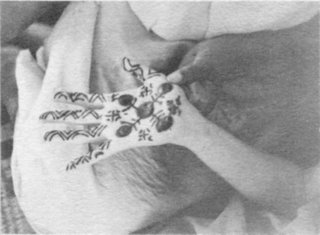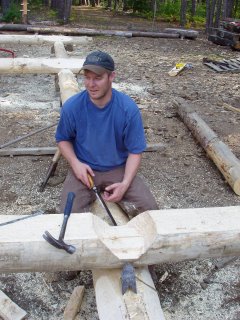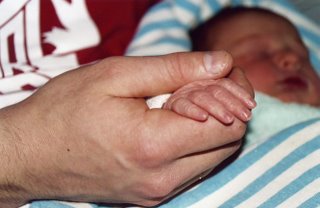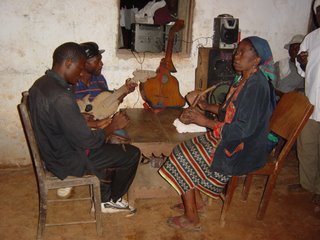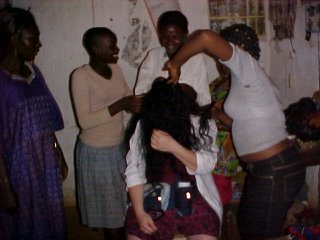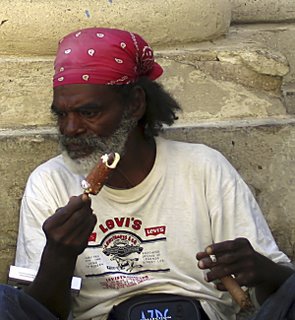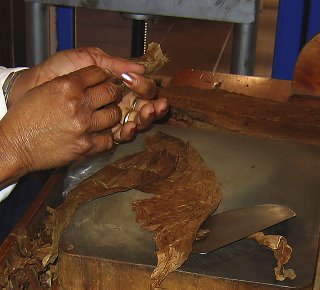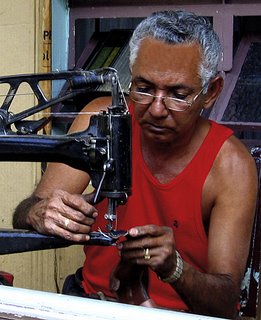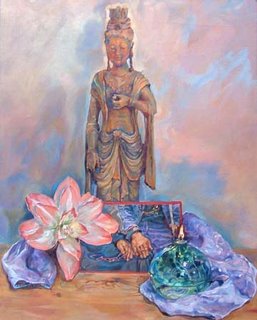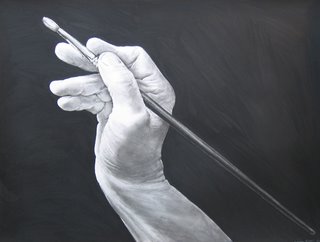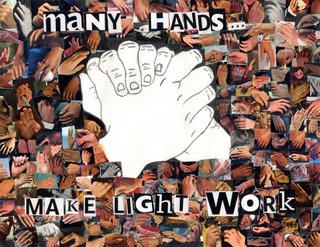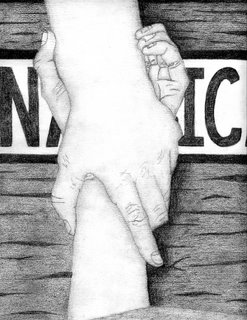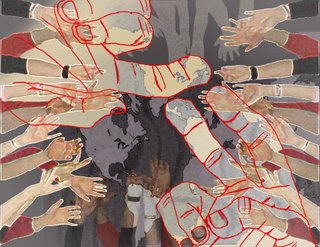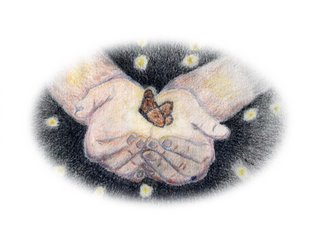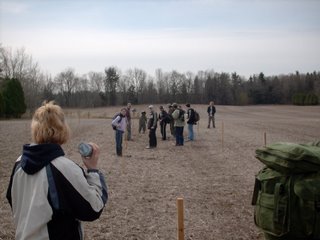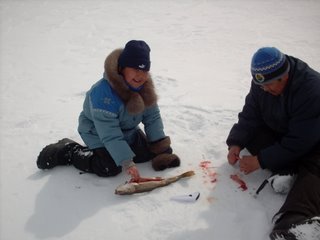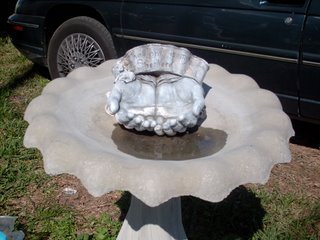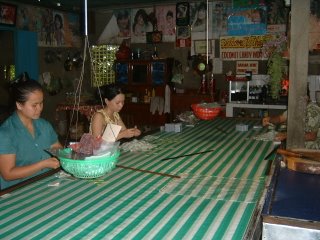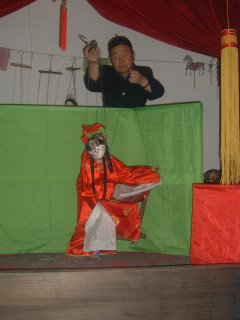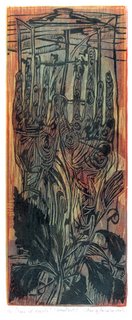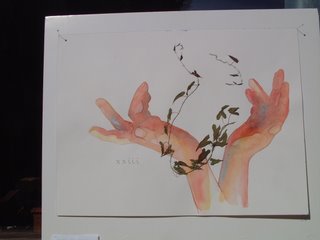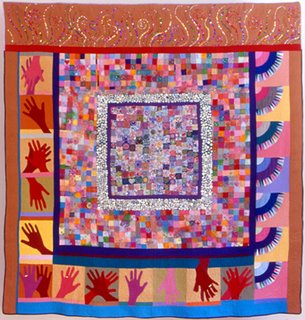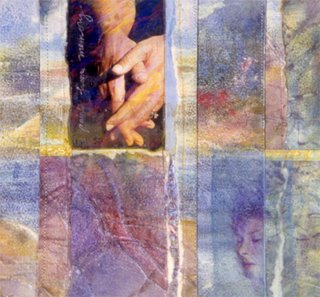Rishma Dunlop
Somewhere, a woman is writing a poem
in the twilight hours of history, lavender turning to ash,
as time spills over and the moon unfurls her white-pitched fever in
the songs of jasmine winds. The young woman I was climbs the
stairs, the moon's pale alphabet filling her. She tucks her child into
bed, bends over her desk in the yellow lamplight, frees her hand
to write, breaking through the page like that Dorothea Tanning
painting where the artist's hand gashes through the canvas, fingers and
wrist plunged to the bone. She writes a dark, erotic psalm, an elegy,
a poem to grow old in, a poem to die in.
Somewhere, a woman is writing a poem,
as she gives away the clothes of her dead loved ones,
stretching crumpled wings, her words rise liquid in the air,
rosaries of prayer for the dying children, for the ones who
have disappeared, the desaparecido, and for the ones who
have been murdered. She writes through the taste of fear and
rage and fury. She writes in milk and blood, her ink fierce and
iridescent, rooted in love. Somewhere, a woman who thought
she could say nothing is writing a poem and she will sing forever,
blooming in the dark madness of the world.
Memento Mori
Estelle unbuttons her blouse, lays my
hand on the jagged scar where her breast
used to be. She wants me to tell her she is
still beautiful.
I feel her heart beneath the ribbed wall
milk-veined softness knifed into a cavern.
She tells me her husband has not been able
to look at it yet, this place on a woman's body,
nuzzled and suckled and cupped by infants
and lovers.
Her gesture recalls my
first lover, his teenage body, long six foot
stretch, lean limbs, every rib visible, the
surgical scar after the mending of a collapsed
lung. I used to breathe into that curved mark
above his heart, lay my head against its pulse.
Three decades later, I realize my lover
has that same six foot stretch of bones, that
tender ribcage.
How we return, full cycle, to first love.
While ashes that rise meet ashes that fall
we become the world for a while, the rose
of each lung blooming inside.
All this contained in the memory of my hand
on Estelle's heart, her absent breast, sweet flesh
excised into terrible beauty. I tell her she is beautiful,
despite her husband's averted gaze, that she will continue
to be loved.
It can not be otherwise.
For her mother has named her with human faith.
Estelle, her name a star.
Poems from Reading Like a Girl, Windsor: Black Moss Press, 2004. Copyright ©
Rishma Dunlop 2004


